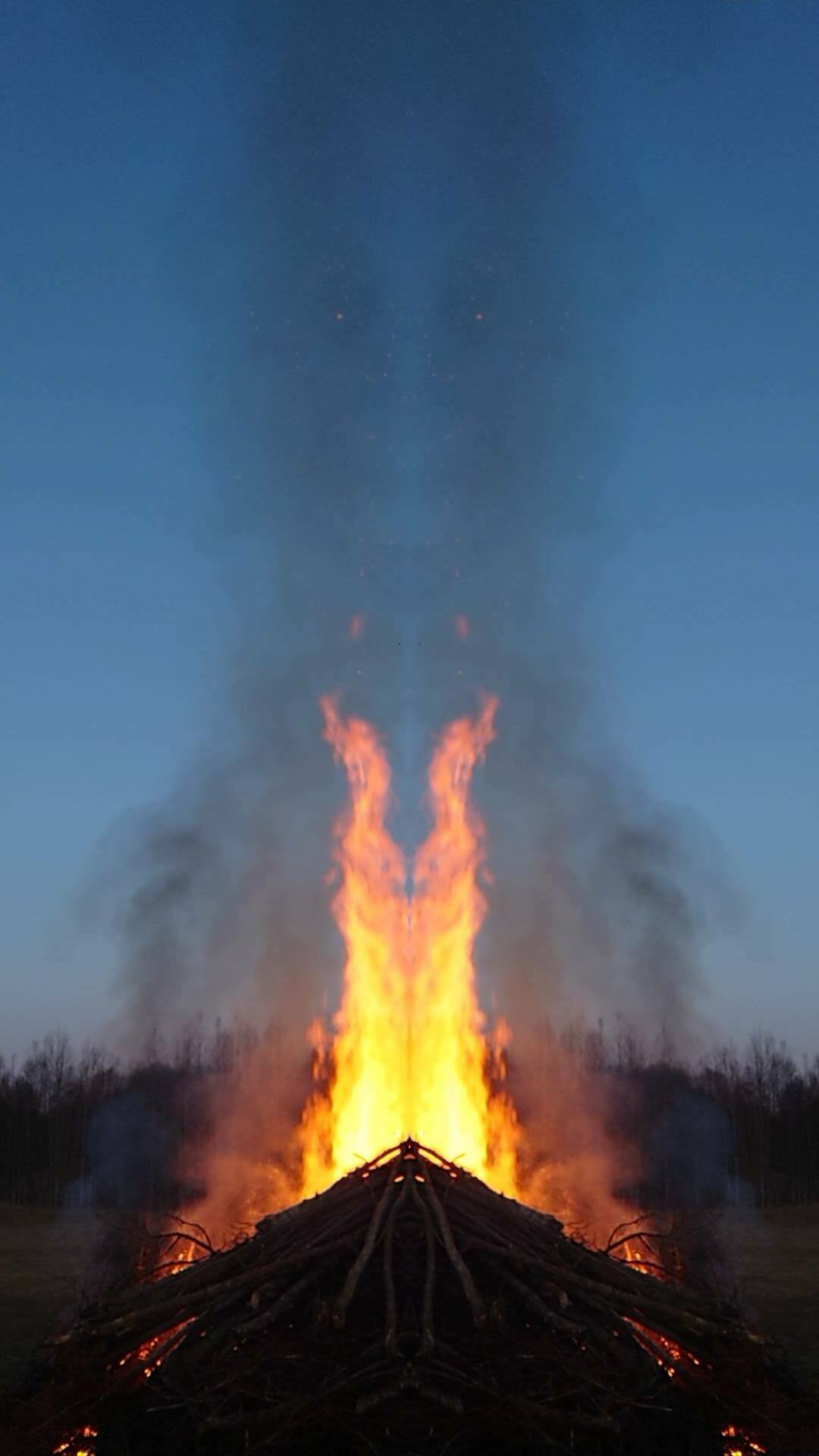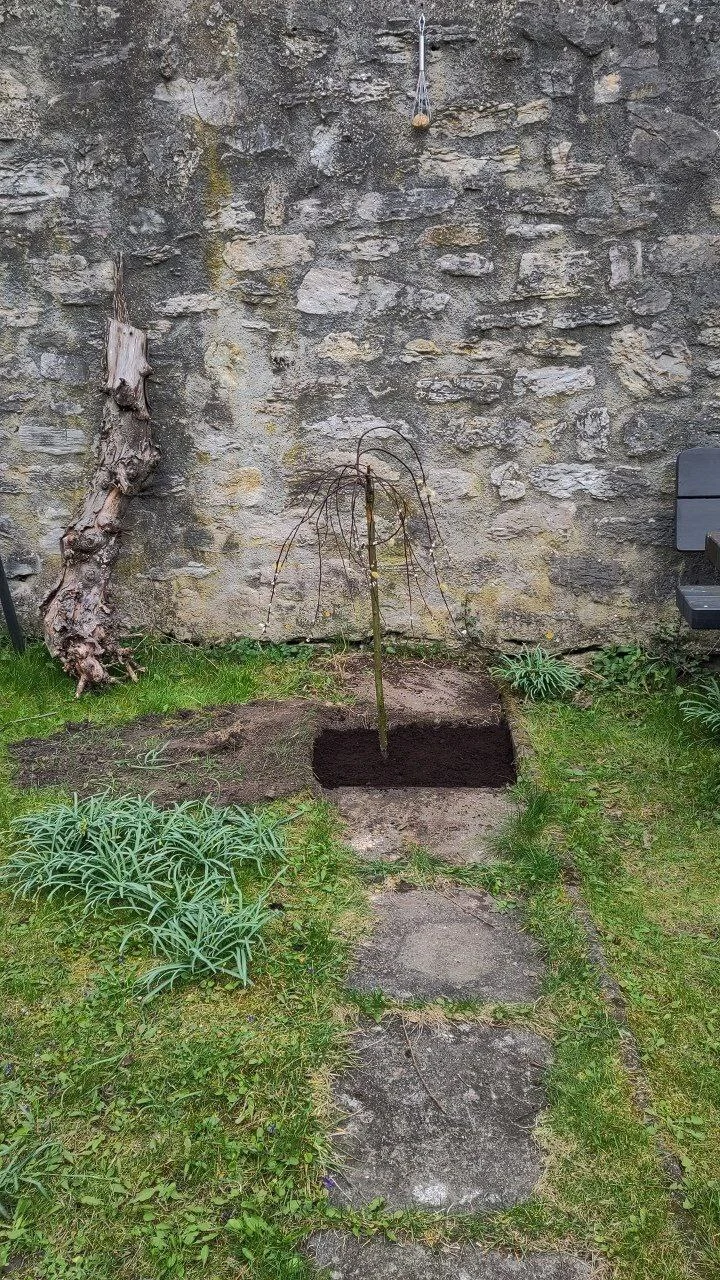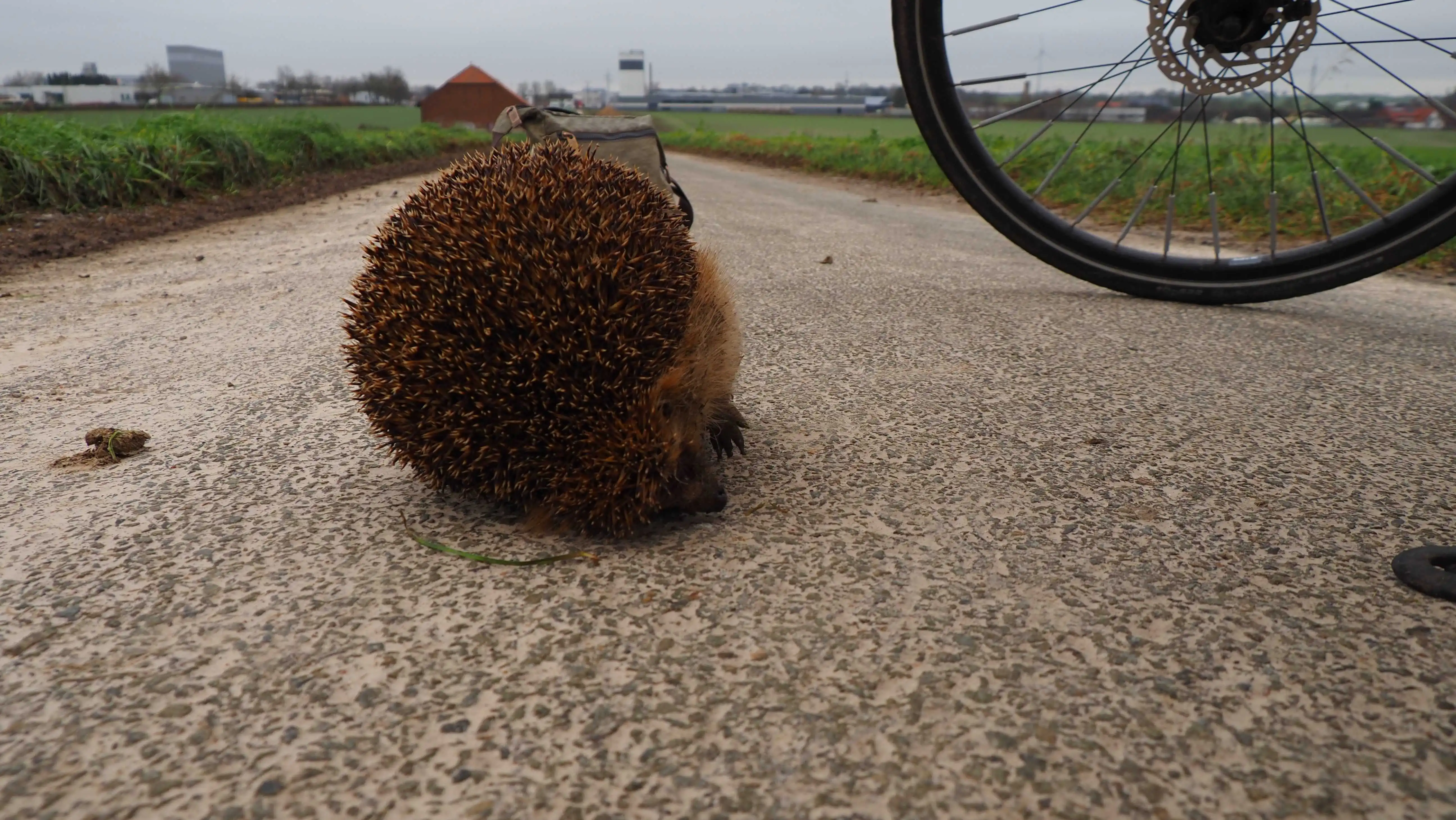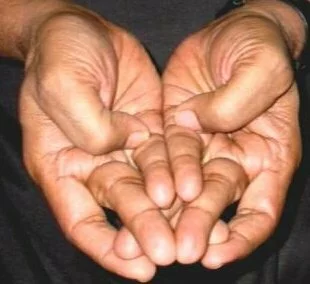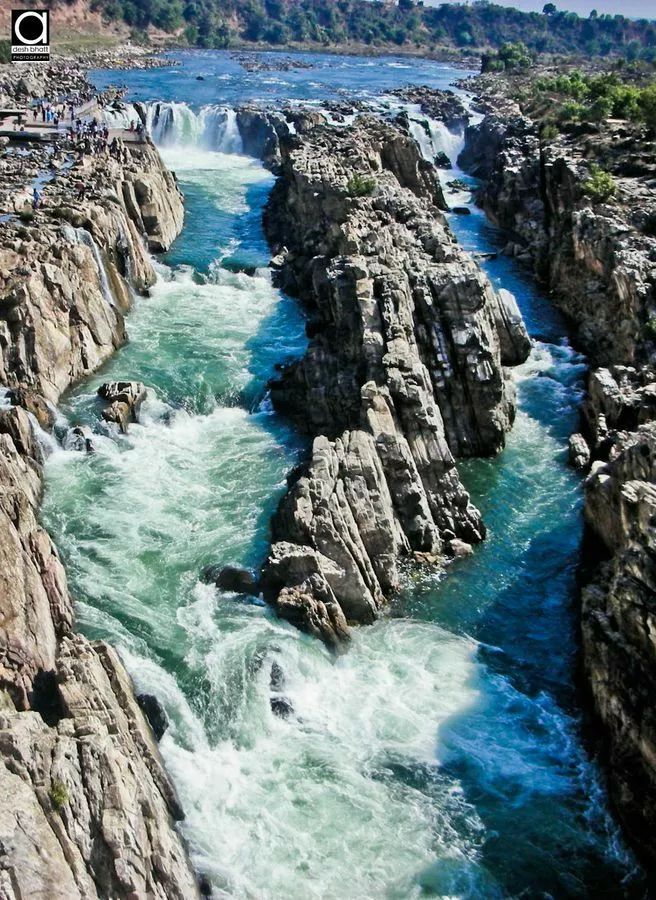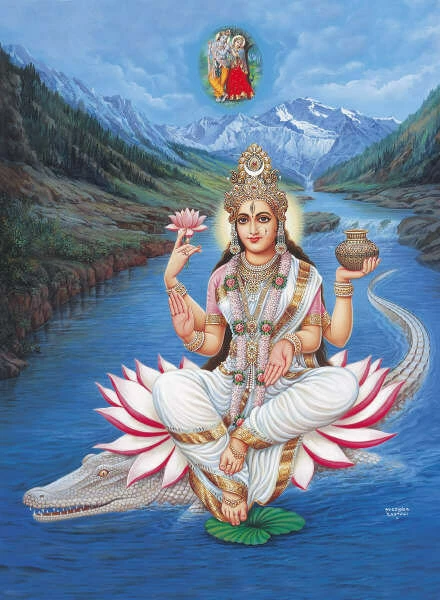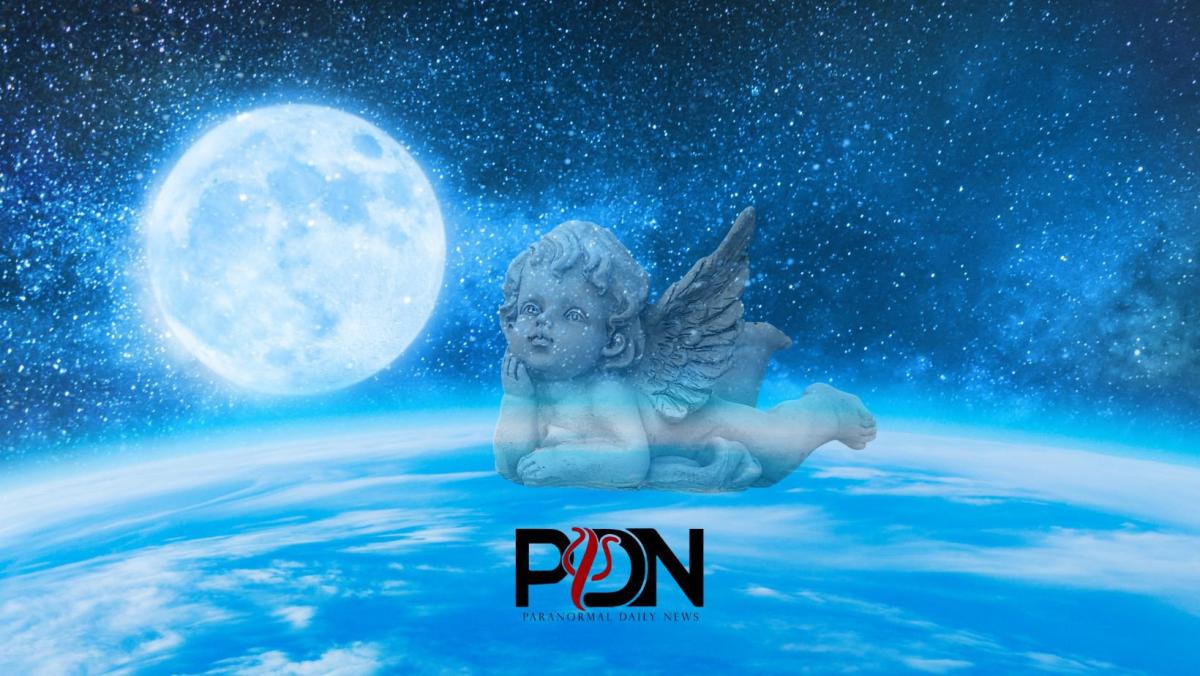
Two fish swimming in opposite directions and frequently connected by a string are the symbol for Pisces. Pisces individuals, being a water sign, are known for their flexibility, creativity, and empathy. They possess a natural sense of intuition and compassion, often prioritizing the needs of others. However, people born under this sign may struggle with setting and maintaining personal boundaries.
3 #Nakshatras and 9 #Padas have an impact on each Rashi, which spans 30 degrees, and together they help to shape personality traits. If your moon sign degree falls between 16:40′ to 30, then you belong to the #Revati #Nakshatra. This Nakshatra symbolizes the ability to transcend and is associated with hopefulness. It allows individuals born under Pisces to look beyond the ordinary aspects of everyday life.
Revati, a name that means “One who nourishes, bringing growth and prosperity,” embodies the essence of being a guiding light. It signifies someone who shines brightly and illuminates the path for others to follow. Revati is dedicated to rescuing individuals who are in need of special protection, including children and animals.
Nakshatra Deity #Pushyan:– the lord of the Anils. He is a form of #Shiva, specifically one of the 12 Adityas.
Pushyan is responsible for guiding souls to #heaven.
It is linked to old-age homes.
Revati reached out to veterinary doctors. Swati also indicated the same. Lord Shiva is closely associated with animals.
What Revati Nakshatra is like in general
As one of the most pleasant nakshatras, it has a good effect on people who are born into it, giving them a sense of elegance and grace. Even though they are helpful and have some social graces, they may be able to stay unaffected by the stresses of situations. Their appearance is graceful and well-lit, with lines of knowledge and educational success. Changes and turns rarely have an impact on them.
Their faces and bodies are proportionally beautiful, and their poise, friendliness, knowledge, and ability to figure things out are the most important parts of their personalities. It also includes having a great mind and a desire to learn.
Behavior traits
Revati-born people are kind and outgoing. By showing compassion, you get respect, love, and wonder. Reaching out and helping others drives their actions. They are generally considered mystical because of this.
It’s odd that they don’t care about helpful stuff despite their superb social abilities. They dwell in dreams and thinking to avoid reality.
Positive qualities
Besides being pillars of strength and support for society, such locals are religious, ethical, and principled. Their culture, refinement, and etiquette are also valued. Their optimism, which is naturally beneficial, is another great feature.
Negative aspects
Negative aspects
Because of the negative effects of some planets, natives may be prone to laziness and sadness. Aside from these things, their rigid adherence to principles and accepted rules of behavior may lead to bad traits like stubbornness, temper, and a strong will. This may lead to orthodoxy and belief, which are both bad things.
People born in the Revati Nakshatra have a choice of jobs
People with a prominent Revathi in their horoscope are good candidates for jobs in scientific study, archeological survey, writing, and literature. They can also do well in jobs linked to management, astrology, and astronomy by using their knowledge and social skills.
Compatibility and Incompatibility of Revati Nakshatra
Magha and Revati are incompatible based on nakshatra obstruction principles. The concept of “yoni kuta” states that Bharati and Revathi, represented by male and female elephants, are the most compatible. Elephants’ enmity against lions makes them incompatible with Purva Bhadrapada and Dhanistha, while their friendly nature towards monkeys, sheep, and snakes makes them compatible with the corresponding nakshatra. As a result, Revathi nakshatra is compatible with the Shravana, Uttaraashada, Krittika, Rohini, and Pushya nakshatras.
Favorable: Initiations, Marriage, Sexuality, Transaction and Dealership of Goods, Music, Art, Occult, Spirituality, Healing, Leisure Actions and Gardening, Conclusions, Business or Financial Matters, Exchanging Goods, Music, Drama, and Creative Activities, Charity, Studying Spiritual or Occult Teachings, Healing and Treating Ailments, Activities for Leisure and Relaxation, ending or Completing Activity
Unfavorable: Activities requiring Severe Tactics or Bold Action, Overcoming obstacles; enmity; calamities; Sharp actions; surgery; Physically Strenuous activities; the Last Two Padas of Revati are not Supportive of Beginning a New Activity.
Meaning: “One who Nourishes bringing Growth and Prosperity”, Revati means the “Shining One”
“When the prominent Revati Nakshatra aligns with the link between Mercury and the Moon in a horoscope, the person is swept away by their own contemplative thoughts.”
#Star: Revati
Rasi (Zodiac): Pisces
Range: 16° 40’ to 30° 00’ Pisces
Padas: Sagittarius, Capricorn, Aquarius, Pisces
Ruling Planet: #Mercury
Indication: “The Wealthy Star”
Body Part: The Abdomen and Groin, the Ankles and the Feet
Guna (Quality): #Sattwa
Gana (Race): #Deva (Divine, God-like )
Purushartha (Goal): Moksha (Spiritual liberation )
Tridosha: #Kapha (Phlegm or Water + Earth)
Nature/ Category of Star: Mridu (Soft)
Varna (Caste): Shudra (Worker)
Gotra (Clan): Kratu (the name translates as the “One who Inspires”)
Direction : #East
Pancha Mahabhuta (Element): Aakash ( #Ether)
Shakti (Power) : The Power to “Nourish, Protect, and Foster”, the Power of Nourishment is Symbolized by ‘Kshira’ which is Milk
Desire : To become Lord of the Animals
Result of #Shakti, Basis, & Desire: Nourishment of the entire World
Activity : Balanced
TriMurthi (Process) : Shiva (Dissolve)
Direction of Mouth / Motion : Tiryanga Mukha (Looking Straight/ Facing Forward/Level)
Yoni (Gender) : #Female
Animal Symbol : #Elephant
Bird : #Kestrel, #Peacock (Mayura), #Pigeon
Sounds : De, Do, Chaa, Chee
Tree/ Plant : Maadhaka,
Colour : Brown
Individuals born under the Revati Nakshatra are blessed with a natural inclination towards romanticism and a strong desire for a fulfilling love life. They are drawn toward dreamy and imaginative notions of love and seek to find both stability and novelty in their relationships.
If Revati Nakshatra has a P.A.C. connection with the 5th house or lord, they may desire their partner to openly express love, as it brings them a sense of reassurance and deepens their connection. It’s truly heartwarming how they value these expressions of love, as it shows just how much they care and cherish their relationship. However, every now and then, this beautiful longing for love and affection can stem from a whimsical and enchanting notion of love, much like Cinderella’s fairy tale, or a deep soulful connection from a past life. (While astrology deliberately suggests that long-lasting love can have its fair share of ups and downs, it’s important to remember that not all love stories unfold exactly as we imagine in our dreams.) It’s absolutely wonderful to dream of a fairytale romance, but it’s equally important to embrace the beautiful complexities and joys that come with real-life relationships.
The Revati Nakshatra holds great significance in Vedic astrology. The positioning of planets in this area can greatly impact their characteristics. Hence, it is important to understand and analyze the influence of the Revati Nakshatra on a deeper level for a comprehensive astrological reading.
https://astrokavi.com/2023/10/28/pisces%f0%9f%a7%9c%e2%99%80%ef%b8%8f-revati-nakshatra-power-to-rise-above-a-quality-linked-with-optimism/






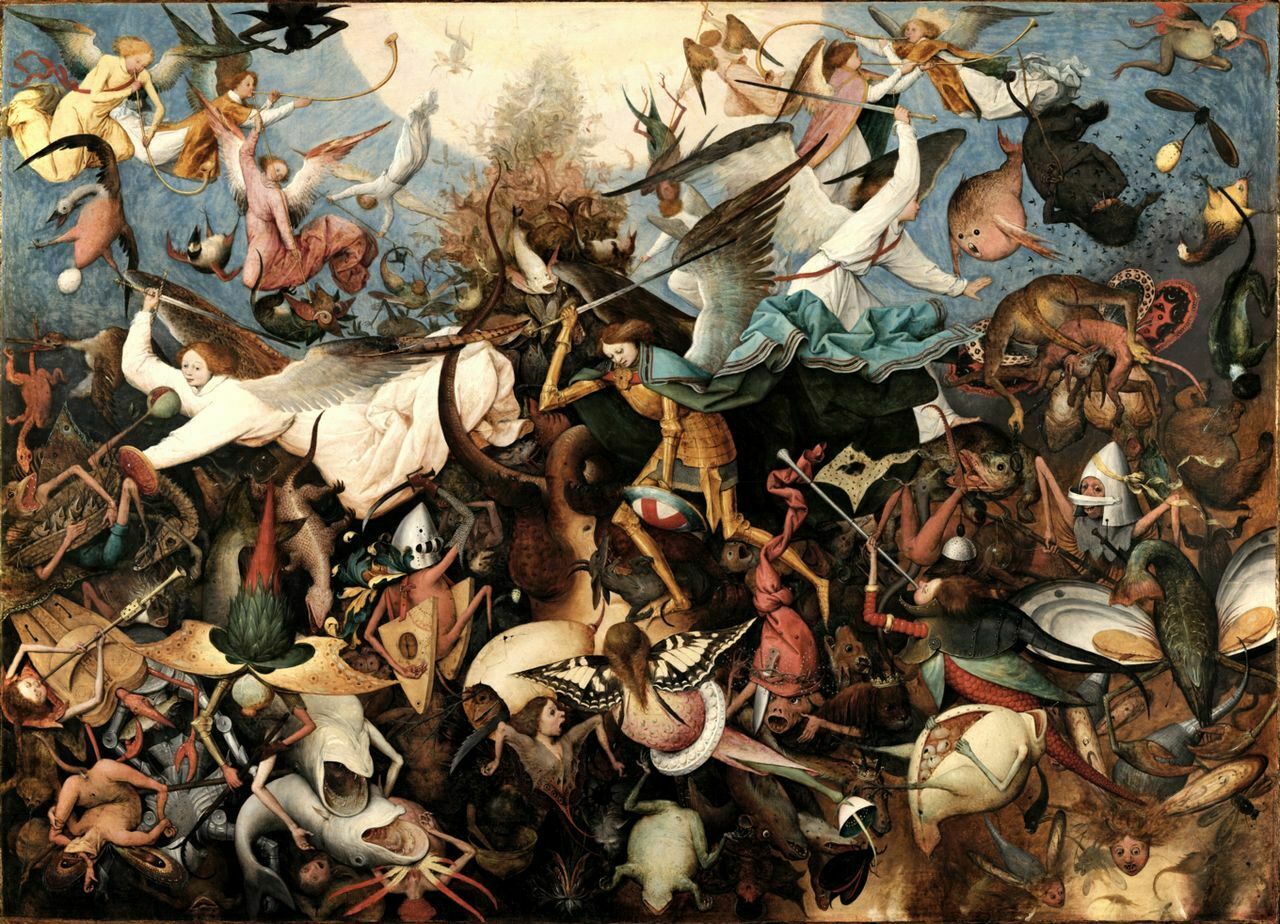
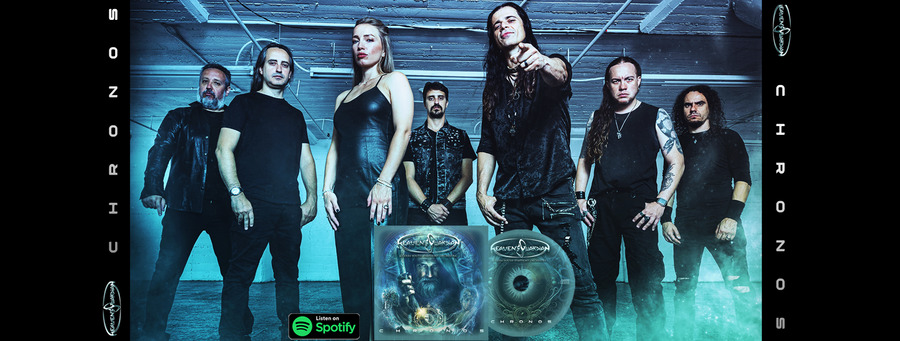 Sail Away, новое видео HEAVEN'S GUARDIAN, доступно для просмотра ниже.
Sail Away, новое видео HEAVEN'S GUARDIAN, доступно для просмотра ниже.